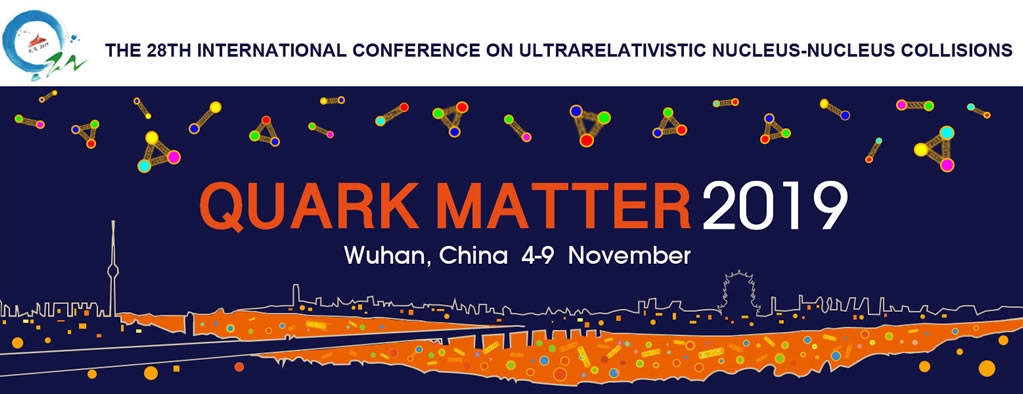Speaker
Description
In this talk we investigate the response of the medium of chiral fermions to time and space dependent external electromagnetic fields and chiral imbalance. The axial-vector--vector--vector (AVV) three-point function is studied in a real-time approach at finite temperature in the linear response approximation.
The different orders of limits lead to different results as the external fields reach to the constant configuration in both space and time. We classify these different scenarios, involving the well-known case dictated by the chiral anomaly and even the case of vanishing chiral magnetic conductivity. The physical interpretation of these different scenarios is discussed through the anomalous conservation of the chiral charge. The result emphasizes the importance of whether or not the assumption of thermal equilibrium is justified for a system with chiral imbalance.
Two non-static examples are discussed in details: we analyze the AVV response function for i.) arbitrary space-time dependent chiral chemical potential when the magnetic field is constant and ii.) for arbitrary magnetic field with constant chiral imbalance. In the non-interacting limit the response function can be given even analytically, revealing a relatively simple form in both cases.
We also discuss the phenomenological implications on the electric charge polarization in a high-energy nuclear collision scenario. The effects of quenches and inhomogeneities of the chiral charge are especially explored, assuming the majority of the chiral charge is of QCD origin and that its generation can be described by a stochastic process.
